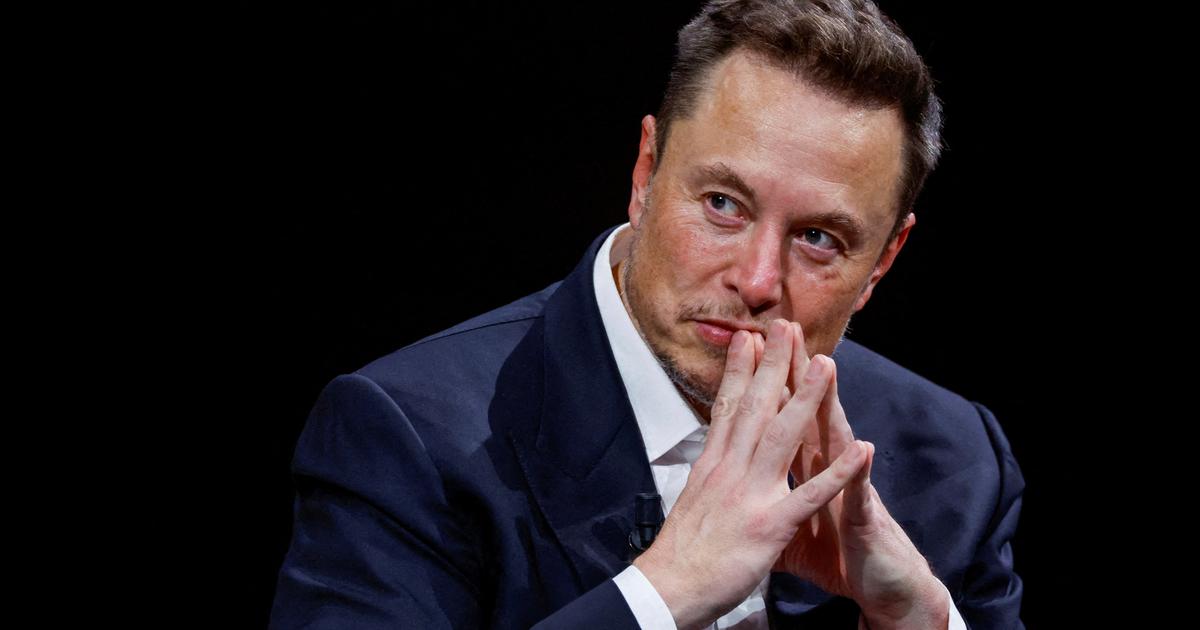In 1989, and after 29 years without being able to vote as a result of the military regime imposed in 1964, Brazilians once again elected a President of the Republic.
Since then, five candidates have been elected to the presidency, and three of them – Fernando Henrique Cardoso, Lula da Silva and Dilma Rousseff – managed to be re-elected.
There were tense electoral campaigns, but nothing comparable to this year, in which the current president, the far-right Jair Bolsonaro, and the former center-left president Lula da Silva are fighting.
There are other candidates, but the two concentrate, say the polls, almost 80% of voting intentions.
Everything indicates that on Sunday, October 2, 156 million Brazilian voters – one and a half times the population of Mexico, more than three times that of Argentina – will decide whether Bolsonaro remains in the presidential chair or returns it to Lula.
Officially, the electoral campaign began on August 16 in the streets and ten days later on radio and television.
But as is often the case in Brazil, what is official and reality are separated by sea miles.
Since his arrival at the presidential palace on January 1, 2019, Bolsonaro has launched himself as a candidate.
And since November of the same year, when the Supreme Court considered his conviction as manipulation by a biased judge and Lula left jail after 580 days, it was clear that he would try to return to the presidency.
The center of the current campaign is not in the candidate proposals, but in the very high degree of tension caused by Bolsonaro and his followers.
There is no similar record in previous lawsuits.
Lula, faced with the picture of degradation that suffocates a Brazil that is increasingly isolated from the world, tries to compare the current scenario with that of his two presidential terms.
He recalls that he removed the country from the hunger map, and that now at least 33 million Brazilians suffer from “food insufficiency”, the way scientists and analysts describe the situation of the hungry.
The comparisons are repeated when dealing with all aspects of life, from the arts and culture to the environment, from the economy to scientific research, from industrialization to agribusiness, health and education.
There is also harsh criticism of the far-right's actions during the Covid pandemic that killed almost 700,000 Brazilians, focused on his contempt for protection measures and his rejection of the vaccine.
Bolsonaro, in turn, praises what he classifies as the achievements of his government and insists on denouncing the cases of corruption that occurred in the governments of Lula and his successor, Dilma Rousseff.
He warns about the risks that "the thief" will lead Brazil to "communism" which, according to his vision, has settled in its neighbors.
He mentions Argentina, Chile, Bolivia, and now Colombia, plus, of course, Venezuela, Cuba, and Nicaragua.
It also insists on its defense of "family values" and its rejection of abortion, the legalization of drugs and "gender ideology."
He tries to reinforce the support he receives from evangelicals, repeating that "the State is secular, but the president is a Christian."
And lying.
Bolsonaro lies brazenly, and when he is criticized for lying he attacks the media, which he reiterates is dominated by "leftists."
He also has no limits in his attacks on the Brazilian electoral system and makes it clear that he will only be defeated by fraud.
He insinuates that in the face of defeat, his followers will adopt the same position as those of the American Donald Trump on January 6, 2021, when after the defeat they invaded the Capitol in Washington.
His growing aggressiveness finds an echo among his most radical supporters, but worries those responsible for his campaign.
Thanks to his frankly misogynistic statements, only 26% of women, according to polls, will give him their vote.
More than half – 53% – of the Brazilian electorate is female.
And to finish off, the recent – and proven – accusations that he, his children, brothers, ex-wives, ex-brothers-in-law and even his deceased mother bought, since 1993, at least 51 properties that were paid in cash – something not common in Brazil – weaken his attacks on Lula.
The total value of the properties exceeds, by far, everything that he, his children and his ex-wives declared to the Treasury to have received.
The aggressiveness of his followers on social networks also raises the tension every day.
Dozens of cases of attacks on left-wing candidates were recorded, and as of September 9, there were two assassinations of Lula militants by "Bolsonaristas."
The great fear is that between now and October 2, election day, this tension will result in more deaths.


/cloudfront-eu-central-1.images.arcpublishing.com/prisa/NZ3KWMFSD5GELFE3GLHUROE4FE.jpg)
/cloudfront-eu-central-1.images.arcpublishing.com/prisa/MAVSIP6MF252ZKL4ZEZAPMSUPQ.jpg)



/cloudfront-eu-central-1.images.arcpublishing.com/prisa/NMIZTPV72FHZ54PNDM3NR5QGAI.jpg)

